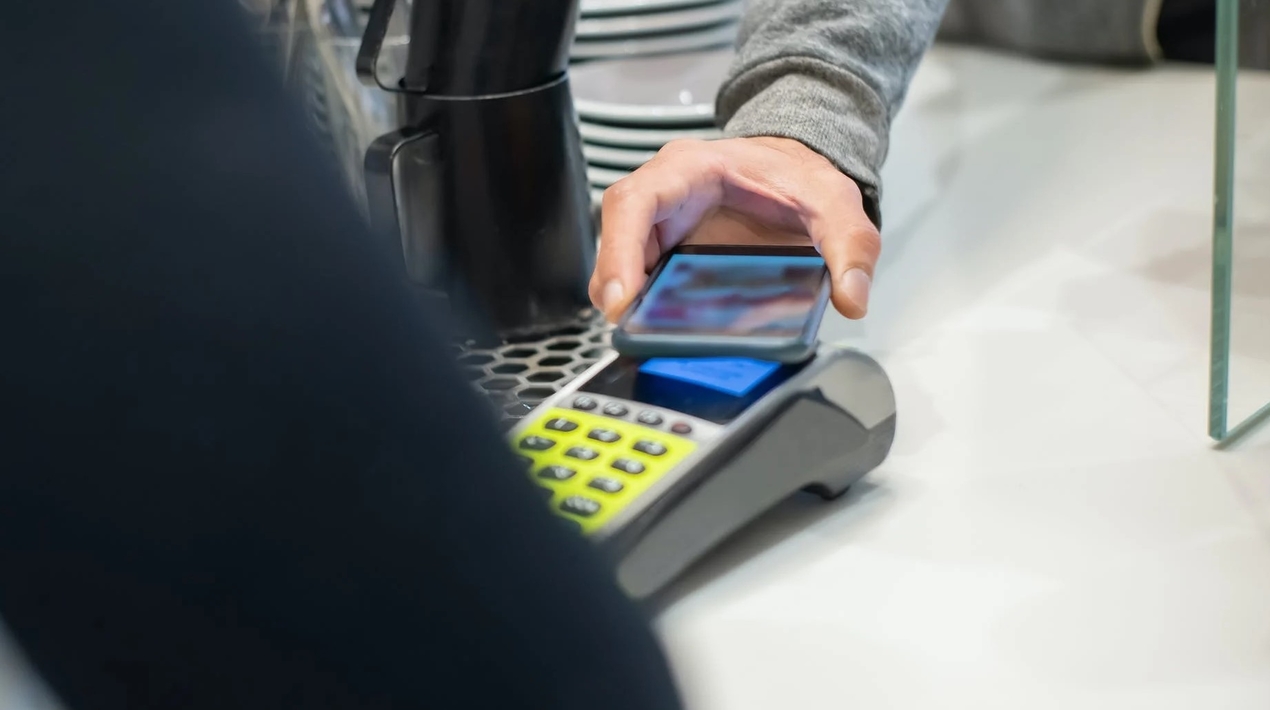
Traders at wet markets in the central city of Da Nang can now go cashless using the e-wallet mobile application Viettel Money, under a 4.0 wet market model introduced earlier this month. The new model was launched by the municipal Department of Industry and Trade and the Da Nang branch of military-run telecom group Viettel. It aims to accelerate digital transformation, boost the non-cash payment methods at the city’s wet markets, and provide more opportunities for residents to experience modern payment services. Wet markets sell fresh meat, fish, and other consumption-oriented perishable goods.
Owners of over 1,000 stalls at Da Nang’s three major wet markets, namely Con, Han, and Dong Da, have been provided with a QR code that enables users to make online payments through access to 37 banks and Viettel Money. For every ten buyers, seven or eight will scan to pay, a stall owner at the market noted. The Deputy Director of the Department of Industry and Trade, Nguyen Huu Hanh, said that the model will be scaled up at other wet markets citywide as a way to promote cashless payments and prevent the spread of COVID-19.
According to a report, the vendors will also receive help to promote their products on e-commerce sites while Viettel will open a post office at wet markets to support goods’ shipments and delivery, he added.
In February, a month after Viettel and the Vietnam Posts and Telecommunications Group (VNPT) launched mobile money services, the Ministry of Information and Communications recorded 463,000 users. During the same month, MIC data showed that 77,200 establishments had accepted the payment method nationwide. To popularise the service to the public, Viettel set up 80,000 points to provide consultations and support customers in registering and using the service. The development of Mobile Money will expand the use of cashless payment services to citizens, especially those in remote, mountainous, and rural areas.
MIC stated it would build mechanisms to promote, manage, and supervise the deployment of Mobile Money services this year. It will also continue to encourage telecom service operators to transform telecommunications infrastructure into digital infrastructure, which will significantly contribute to developing e-government and the digital economy and society. The country’s telecom market currently has about 126.3 million subscribers, of which the three largest carriers and those licensed to pilot Mobile Money account for more than 97% of the market share.
A recent MIC press release outlined the four main objectives of the government’s project on cashless payments in Vietnam (2021-2025). Firstly, it aims to make non-cash payments a norm in urban areas and expand their coverage in rural areas. Secondly, it seeks to develop a safe and secure non-cash payment infrastructure with various conveniences and facilities to meet the rising demand of firms and individuals. Thirdly, it strives to enhance the security and transparency of cashless payments, allowing authorities to better monitor economic transactions in the country. Finally, the project aims to realise growth targets set for non-cash payments in the short term, including 50% of transactions on e-commerce platforms being conducted through cashless payments and economic transactions via smartphones growing at 50%-80% per year.
















